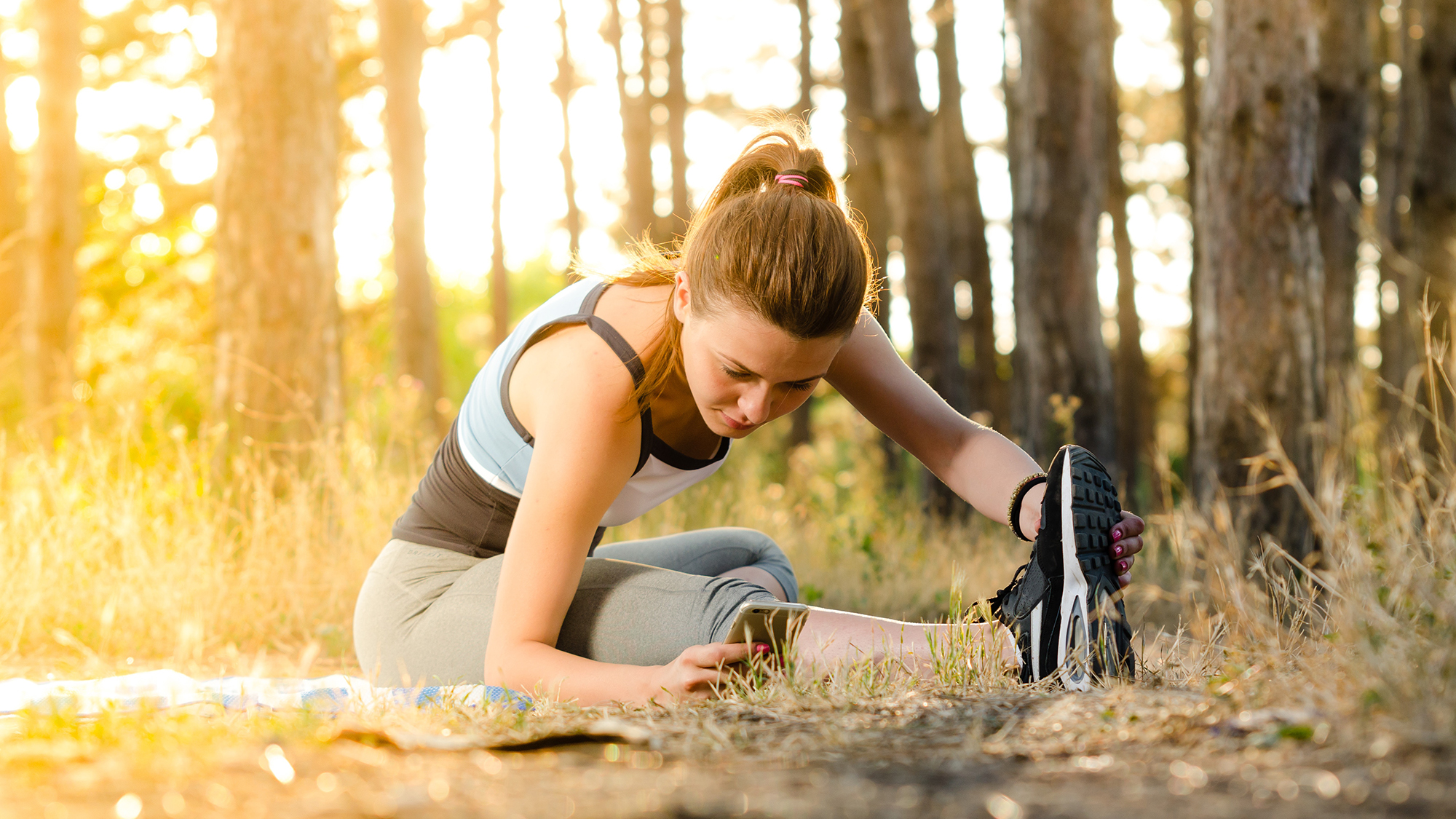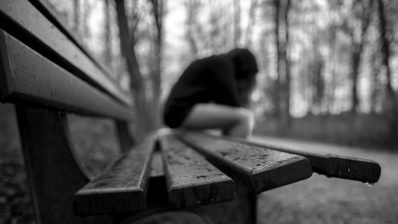Everyone knows that physical exercise is good for our health, especially cardiovascular. But, did you know that it also reduces cancer risk? This was explained by Dr. Ignasi Tusquets in a packed room during the event “Exercise, diet and cancer: myths and realities” that took place on Monday 19th of November at the Vila de Gràcia Library in Barcelona.
Exercise
The oncologist specialized in breast cancer at the Hospital del Mar, explained that doing moderate physical exercise not only reduces the risk of breast and endometrial cancer between 12 and 71% in healthy people, but also diminishes the probability of a relapse in people who already had cancer.
How much should we exercise exactly? Well, according to the recommendations of the World Health Organization, a minimum of 30 minutes for 5 days a week. Tusquets emphasized the importance of “distributing” physical activity, instead of doing it all in one intensive day, and combining cardiovascular exercises (running, cycling and swimming) with other toning exercises (yoga, stretching and weight).
“Doing regular exercise – about 30 min a day – and combining cardiovascular and toning exercises reduces the risk of cancer and of relapse”
Diet
The talk continued with the intervention of Dr. Albert Goday, head of the endocrinology section at Hospital del Mar, with another unexpected message. Obesity, usually related to cardiovascular diseases, also increases the risk of cancer. His recommendations were clear: follow a Mediterranean diet, rich in vegetables, legumes, cereals, fruit and nuts, with some fish, a little bit of meat – go easy on processed meat – and dairy products in moderation (there is not enough evidence to suggest that milk is neither beneficial nor harmful to cancer, he said). And what about drinking? Water (although two small glasses of wine a day will not be harmful…).

The audience takes the stage
The attendees, around sixty people, had the opportunity to ask some questions to the two experts. These reflected society’s concern for the issues at hand:
- You told us that we have to eat fruit, but with all the insecticides that are used, is it really good for us? “It is better if you consume from trusted stores, but in any case you have to eat it!”.
- Is curcuma good? “It has not been shown to do anything special; for sure it is not bad…”
- Bottled or tap water? “I drink tap water…”.
- Is it true that food packaging is not good for our health (for example, plastic coffee capsules, plastic Tupperware, etc)? “If possible, it is better to use glass recipients”.
- Whole grain or refined? -> Whole grain, without a doubt! This is one of the few things that we have enough evidence that it really is better; we’re even trying to get the government to reduce the price of whole grain products.
These were just some of the many questions that were asked; and many more were left unanswered, because, although the audience would have stayed many hours, the library closed, marking the end of the event.
This session was part of the cycle “Losing the fear of cancer” (Perdent la por al càncer) organized by the Hospital del Mar Medical Research Institute (IMIM) together with the Library Network of Barcelona. The cycle is part of the “Visions of Science” project that the Libraries of Barcelona have been carrying out for years.







